
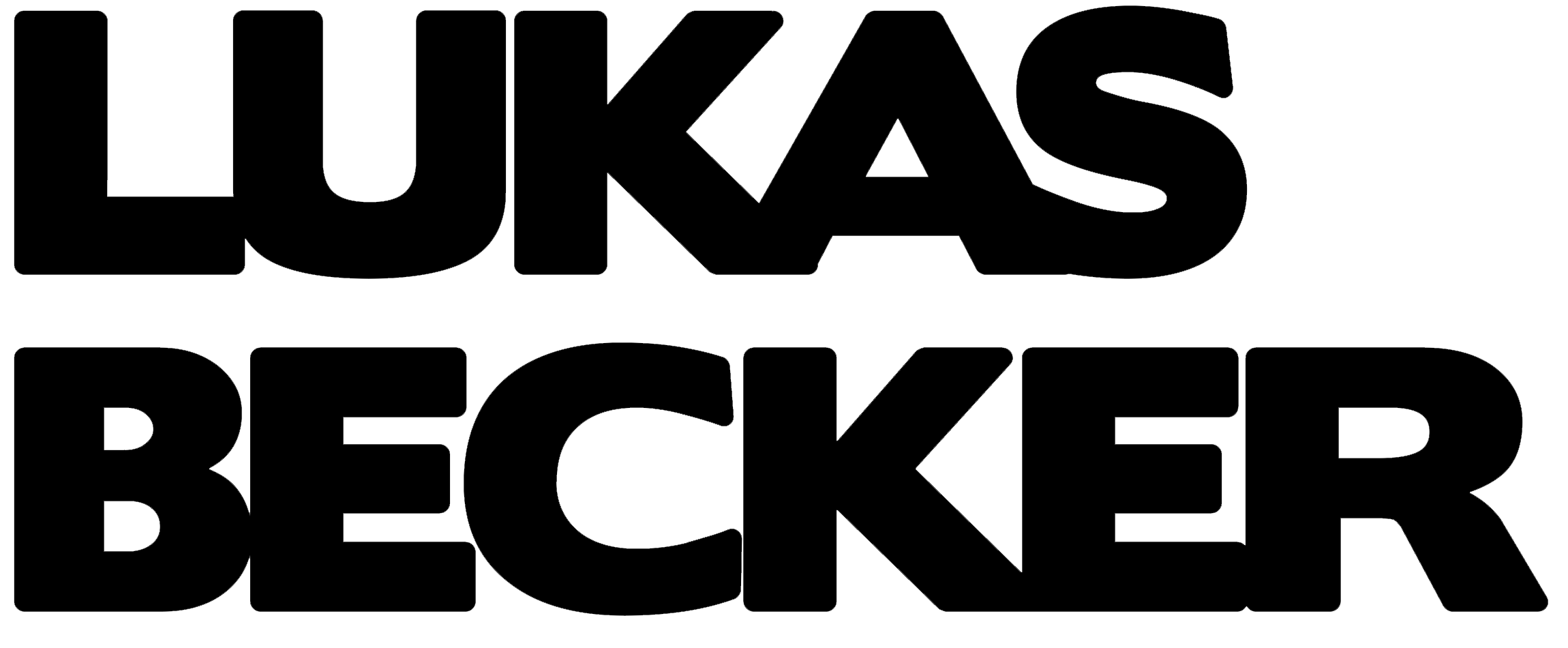

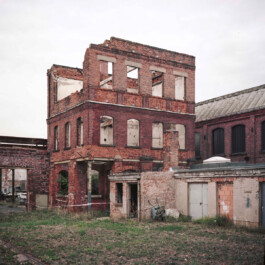
Since 2012 Leipzig experienced a demographic increase about 100.000 inhabitants which marks it as the fastest growing city in Germany. The city is shaped by old industry buildings, former rural parts on the outskirts and still many ruined areas that were left by the former GDR through it's failures in housing politics.
More and more mostly younger people moved here because of affordable rents and the unique character the city sends out. But, at the same time finance markets focused the attention on the city, as many of it's underdeveloped areas promissed immense profits.
Within a decade nearly every part of the city went throught a period of modernisation, vacancy speculation and urban densification. Far to much people in Leipzig can't affort todays rents anymore. The city is now on it's way to ending up in a tensed housing market like the current Berlin, Hamburg or Munich.
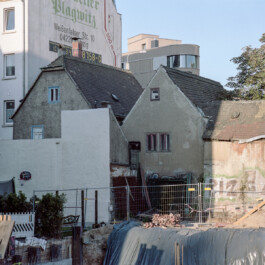


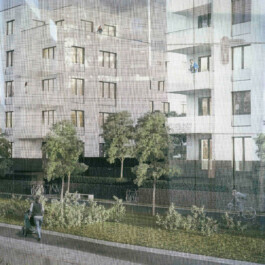
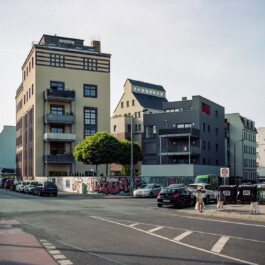

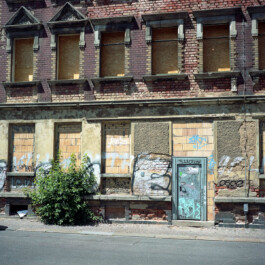
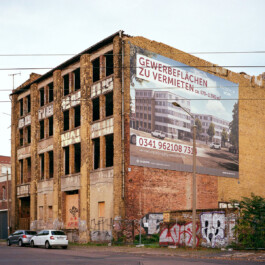
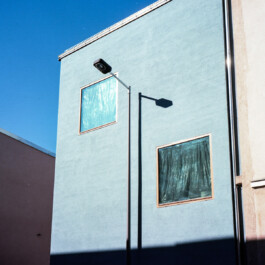
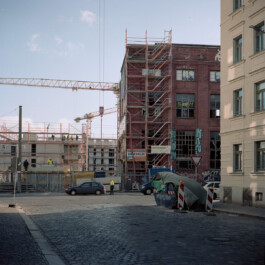
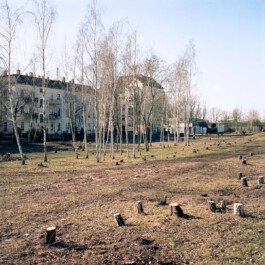
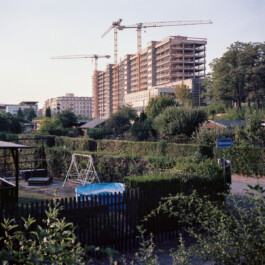
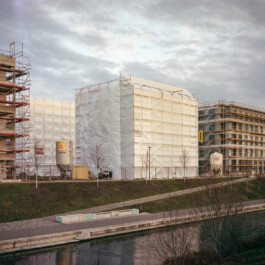
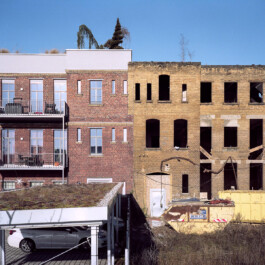
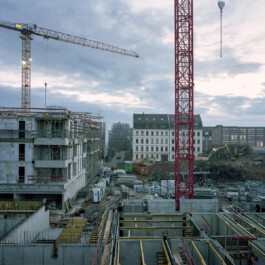
REAL INVESTMENT

Since 2012 Leipzig experienced a demographic increase about 100.000 inhabitants which marks it as the fastest growing city in Germany. The city is shaped by old industry buildings, former rural parts on the outskirts and still many ruined areas that were left by the former GDR through it's failures in housing politics.
More and more mostly younger people moved here because of affordable rents and the unique character the city sends out. But, at the same time finance markets focused the attention on the city, as many of it's underdeveloped areas promissed immense profits.
Within a decade nearly every part of the city went throught a period of modernisation, vacancy speculation and urban densification. Far to much people in Leipzig can't affort todays rents anymore. The city is now on it's way to ending up in a tensed housing market like the current Berlin, Hamburg or Munich.














